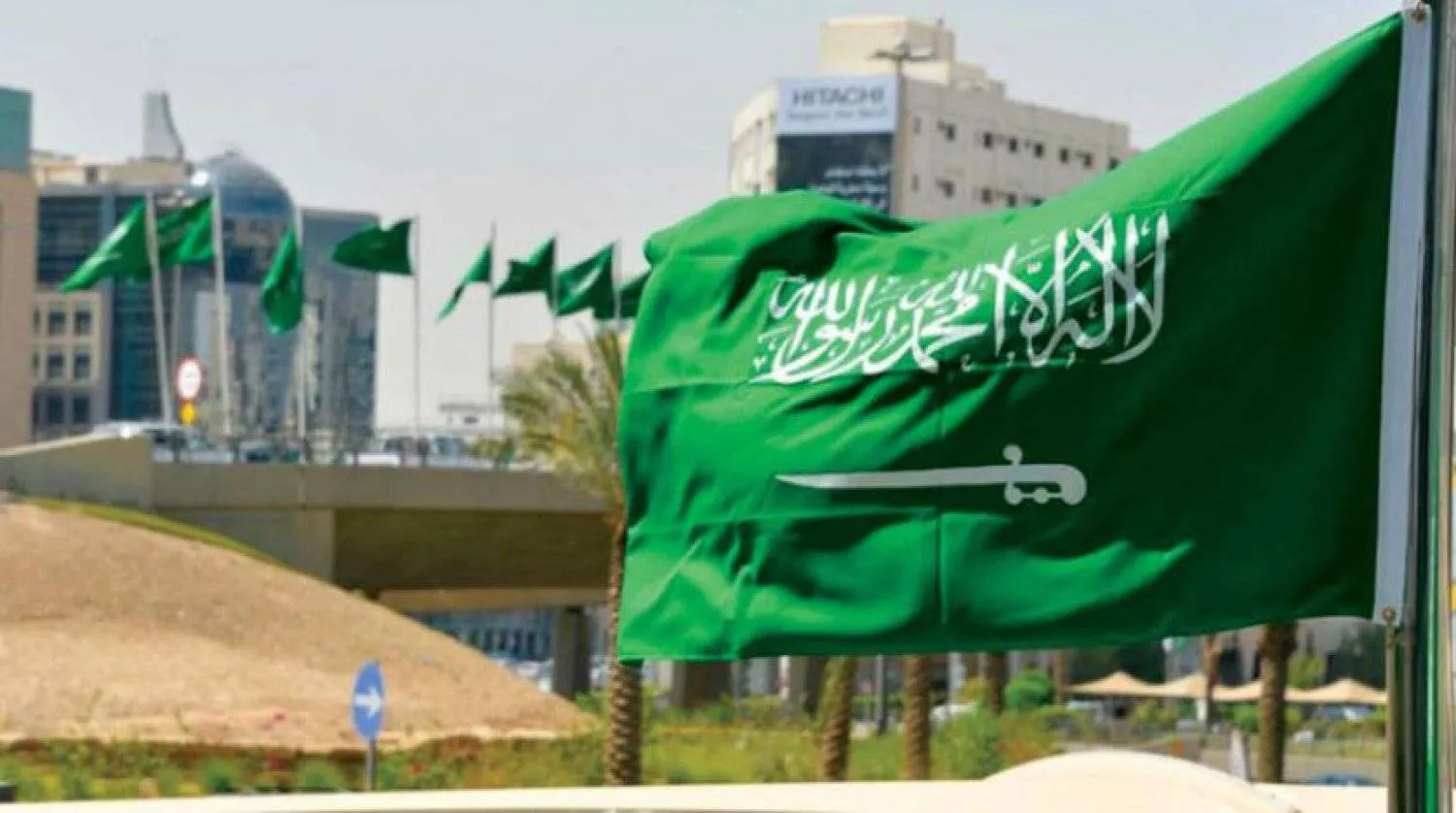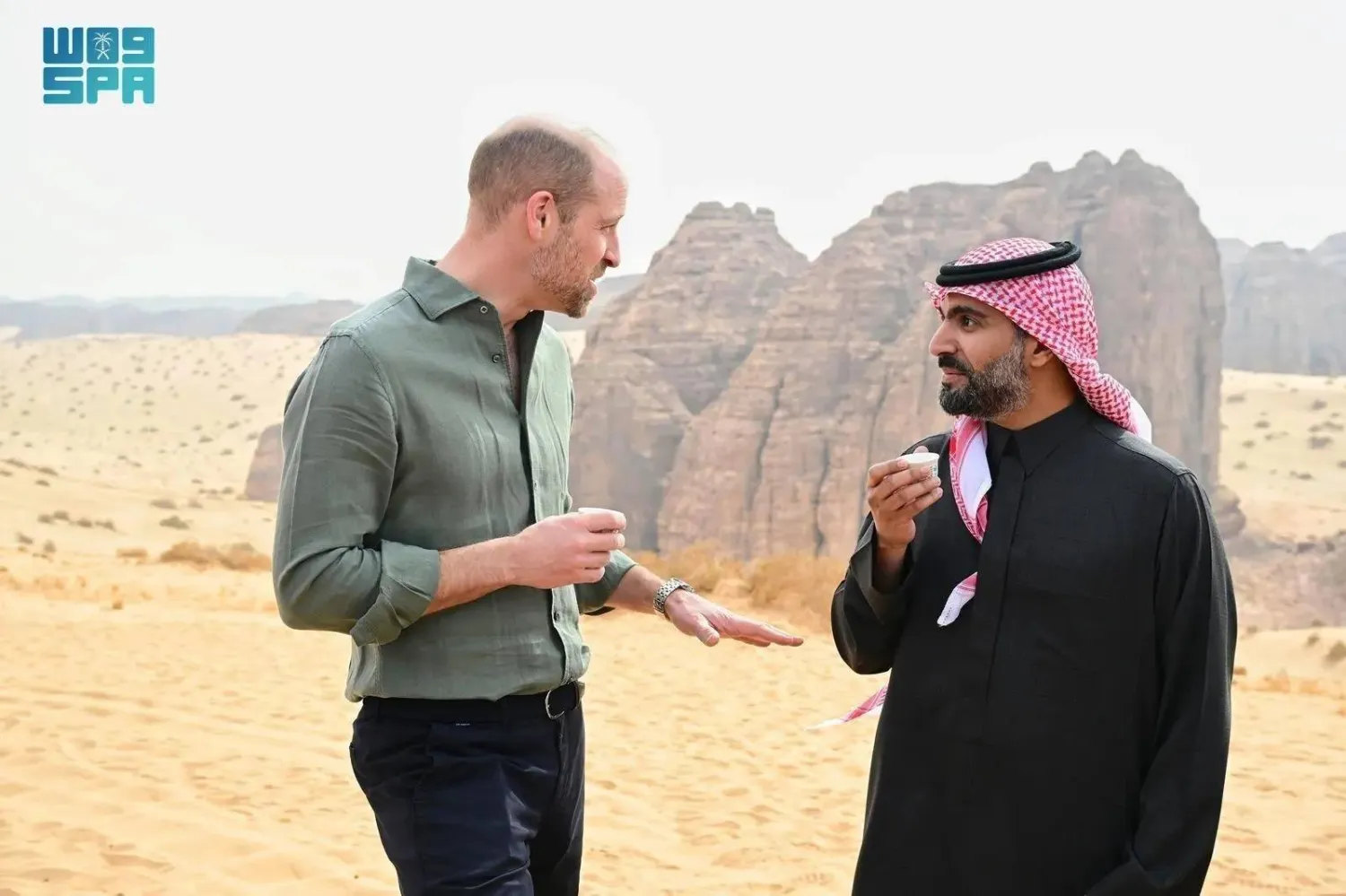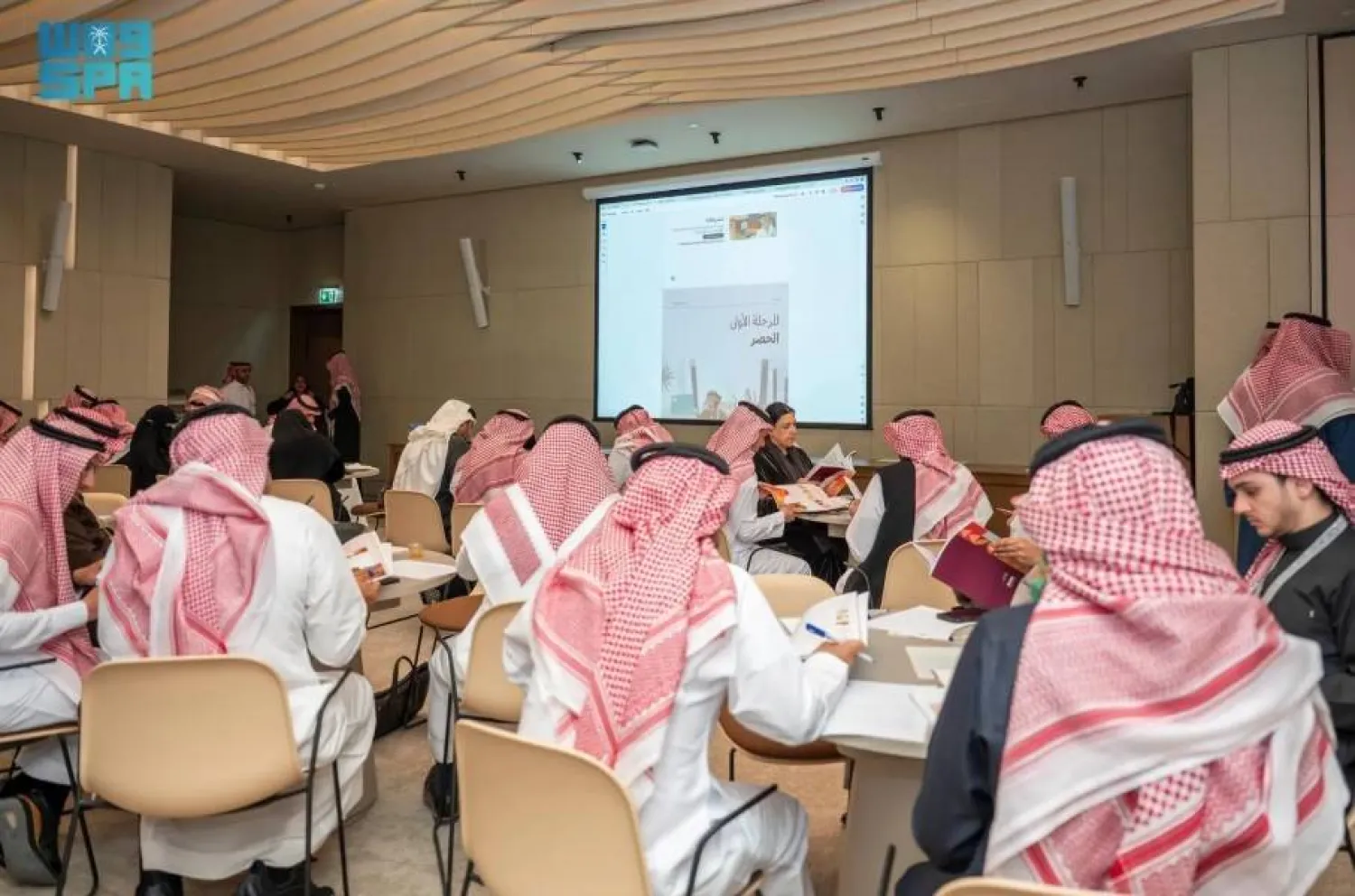The Saudi Cultural Memory Center, affiliated with the Ministry of Culture, participated in the two-day international conference “Innovating Documentary Heritage for Sustainable Development in AlUla and Saudi Arabia,” held in Paris on April 29.
The event was organized by the United Nations Educational, Scientific and Cultural Organization (UNESCO) and the Kingdoms Institute Platform for the Promotion of Documentary Heritage.
At the conference, the center’s national pavilion highlighted the Kingdom’s efforts in preserving documentary heritage and promoting accessibility for enthusiasts and researchers. It also showcased two new typefaces launched by the Ministry of Culture: Al-Awwal Typeface and Saudi Typeface.
The center emphasized its ongoing efforts to preserve national documentary heritage through pioneering projects aligned with the UNESCO Memory of the World Program, which seeks to safeguard humanity’s documentary legacy and ensure its availability for future generations. The pavilion offered informative activities, including a dedicated area spotlighting the new typefaces as essential tools in preserving Saudi cultural identity and reflecting their historical and cultural importance.
The center also showcased its national initiative for cultural heritage documentation and digital archiving, a key project designed to preserve and record the national memory using top international standards across various regions of the Kingdom.
In addition, the center distributed the Cultural Heritage Documentation and Digital Archiving Guide to promote awareness of the importance of protecting documents and manuscripts. An interactive display featured touchscreen access to the “Cultural Hub” website and the digital platform supporting efforts to document and disseminate cultural heritage.









